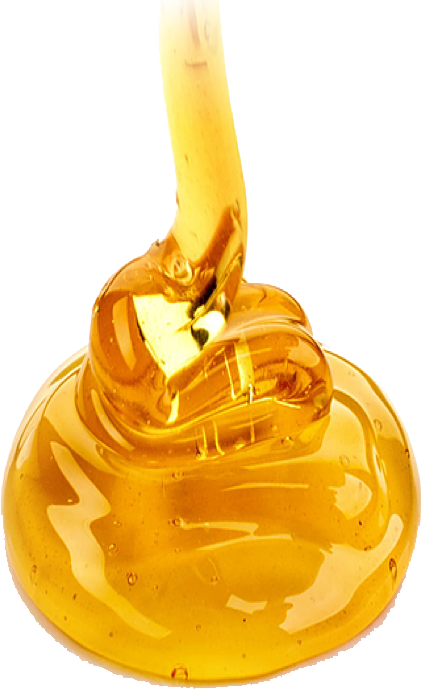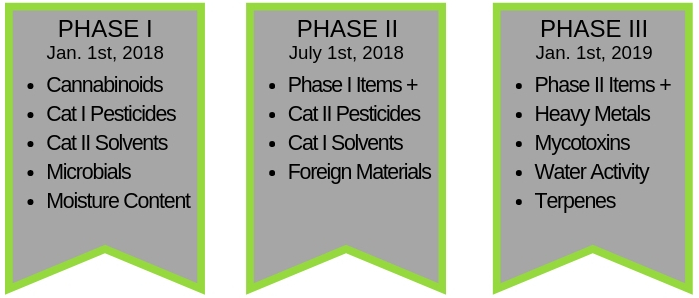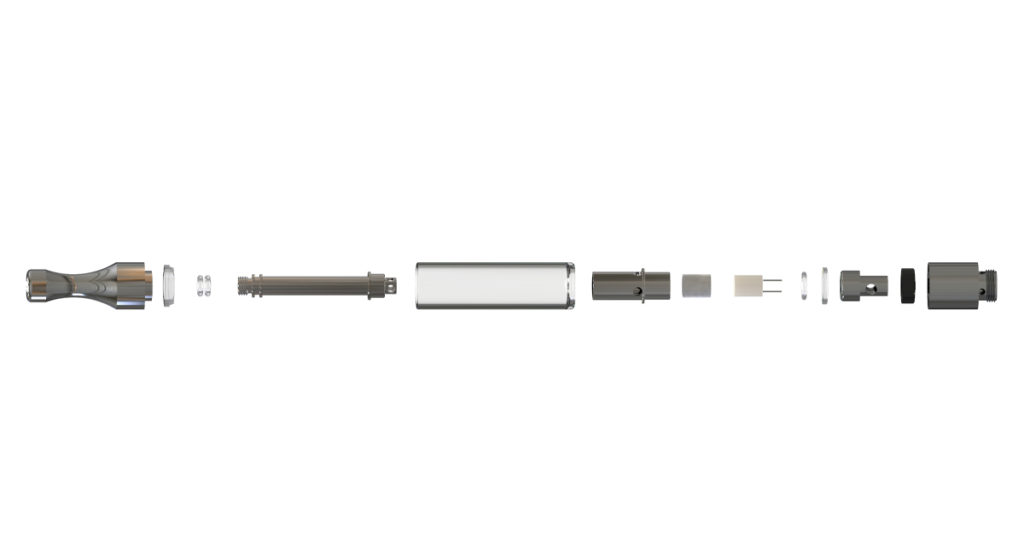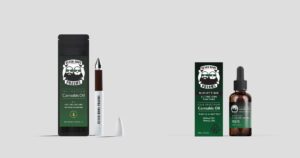 The Importance of Lab Testing: Vape Carts Finally Being Held to a Higher Standard
The Importance of Lab Testing: Vape Carts Finally Being Held to a Higher Standard
-
Leading cannabis industry research firm ArcView forecasts that legal U.S. retail sales of marijuana in flower form will exceed $8.5 billion by the end of this year
-
They predict the sales of cannabis concentrates will rise to match that number, also by 2020
-
80% of concentrate sales in the U.S. will soon be in the form of vape cartridge products – a market segment expected to generate $6.5 billion in annual revenue by the year 2022
Mankind’s relationship with the cannabis plant dates back thousands of years with cultures around the globe finding medicinal and recreational benefit from its flowers for generations. Various forms of rudimentary hash have been in use for just as long providing a similar, but unique, experience when consumed.
In the past five years in particular, however, cannabis concentrates have taken the market by storm. In 2014, concentrates made up just 10% of overall cannabis sales. That number jumped to 49% of total cannabis sales in 2018 with concentrates pulling in roughly $2.9 billion in retail revenue last year.
While dabbing concentrates will surely remain a preferred method of consumption for many avid cannabis connoisseurs, forgoing the need for torches, timers, glass rigs, quartz nails, carb caps, q-tips and all the rest and turning to the simplicity and convenience of a vape pen is quickly gaining in popularity.
Of that $2.9B in concentrate sales last year, ArcView Market Research says that 58% of it came from prefilled vaporizer pen cartridges.
HIGH DEMAND
A growing number of cannabis consumers, namely those new to the experience, prefer the enhanced strength, aroma, flavor, and effects of extracts like wax, shatter, sauce, live resin, and others. The absence of messy ash and lingering tell-tale “pot” odors are two more selling points making concentrates fly off the shelves at dispensaries nationwide.
Self-loaded vaporizer pens became popular around 2012-13, but the technology had not been perfected and less-than-desirable and often sticky experiences turned a lot of people off.

It was a year or two later that a new form of cannabis concentrate hit the scene with a texture and flavor that was unlike anything we had seen before – it was called distillate.
The short path distillation process can take virtually any grade of cannabis oil and refine it, in theory stripping out any residual solvents or other unwanted toxins and leaving behind a clean, high-THC, decarboxylated product that can be used in edibles, topicals, or most commonly, to load pre-filled vape carts.
The distillation process also strips the product of virtually all terpenes and a majority of the cannabinoids though. What’s left typically looks pretty, tastes like nothing, and will test all the way up to 99% activated THC. Extractors using this tech began to use this blank slate to build their own flavor profiles using artificial terpenes in an attempt to mimic or emulate the actual smell and taste of well-known strains.
The ease of use, the variety of flavors, and the predictable effects appeal to a new breed of cannabis consumer, but more experienced users have kept a skeptical eye on this up and coming trend.
PHASE III POP QUIZ
The short path distillation process is a very forgiving one. As noted already, even the most suspect oil can often be salvaged into a golden-clear sap stripped down to the essentials and ready to pass even the most comprehensive third party lab tests.
This makes this type of product very appealing to companies operating in legal cannabis markets like California where the only thing higher than the demand for cannabis are the taxes and costs to remain compliant producing and selling it. With painfully slim margins and investors to satisfy, the temptation to cut corners wherever possible will be too great to ignore for many operations.
The easy to produce, easy to brand, consume-and-come-back-for-more nature of vape pen cartridges prefilled with cannabis oil distillate and artificial terpenes has become a staple of many companies’ product lines.
Here in California, Prop64 created a mandate for third party lab testing of all products before they could be placed on retail shelves at licensed dispensaries. When this mandate initially took effect in July of 2018, we saw a slew of reports of pre-filled carts failing tests due to mold/microbial content, but overall most carts were meeting the standards set by the state.
At the beginning of this year, Phase III lab testing standards were put into place by the state and since that date, a very bright light has been shining on this popular method of consumption.

With these stricter standards in place, labs are now required to test all cannabis products for heavy metals in addition to the other categories already being analyzed. California Phase III testing standards require labs to check for unsafe levels of cadmium, lead, arsenic, and mercury, which can be found in soil surrounding plants that have been treated with certain fertilizers, pesticides, or other chemicals during the growth cycle.
This mandated heavy metal analysis was put in place to make sure that the plant in question, or products made from it, did not uptake harmful amounts of these potentially dangerous compounds during the cultivation or production stages of the supply chain.
When pre-filled vape carts started flagging with failed tests, the industry scrambled to figure out a solution. Manufacturers would send the raw, unpackaged distillate back to the lab for R&D and get a clean result which only added to the confusion.
Then labs started getting requests to test empty vape cartridge hardware and the problem quickly came into focus.
LOWEST BIDDER
The vast majority of vape cart hardware is imported from overseas, most often from China.
Phase III lab testing in California has revealed that not only can the low-cost, low-grade materials found in many of these imported carts become compromised due to the heating element encased within them, but now we are finding out that the terpenes in the distillate oil may be another culprit in this rapidly unraveling mystery.
Terpenes are a natural solvent and we are learning that when distillate with a high concentration of terps is left sitting too long in a low-grade, imported vape cart a reaction can occur causing the leaching of potentially toxic levels of heavy metals into the oil.
So your oil can test dirty and you can solve that.
Your hardware can test dirty and you can solve that.
Now we come to find out that even with those first two problems taken care of, entire batches of pre-filled vape carts could still be subject to recall.
The Gem tank from Vaporous features a stainless steel atomizer press housing, organic cotton wicking material, and a patented anti-leak system and has proven to be the cleanest testing cart analyzed so far by CannaSafe
HOT DOG WATER
Knowing how difficult it is to get your vape cart into the legal market in California these days, it comes as no surprise that street sales of counterfeit carts are at an all-time high.
Well-known brands like Stiiizy and Heavy Hitters have been bombarded by customer complaints that ultimately lead back to knock-off versions of their product, professionally packaged with their unauthorized branding to seal the deal with the duped consumer.
Headlines arose just last week of a mass undercover buy of vape carts and other cannabis products from 24 Los Angeles area dispensaries and delivery services by a local investigative news crew. Seven of the samples – roughly 30% – failed third party lab testing for pesticides.
One article cites that recreational cannabis became legal in January of 2018 and that there are over 500 shops selling cannabis in the city. That is extremely misleading and only acts to bury the lead of the story. The fact is that Los Angeles has been extremely slow to issue the necessary permits and licenses to allow operators to get legal with the state. Until very recently when the city’s social equity program lumbered to life, LA only had 170 licenses issued for cannabis-related businesses.
So the lesson from this recent sting is that if you are buying vape carts from an unlicensed store, you are putting yourself at risk. Unlicensed dispensaries sell unregulated products and require no lab tests to put those products on their shelves.
Now more than ever it is so important to know your source when buying and consuming cannabis. As difficult as the regulations put forth in a state like Cali can be, without the Phase III testing standards these issues may not have seen the light of day.
As a manufacturer, the best way to limit your liability and produce a safe and reputable product is to find a trustworthy and ethical hardware provider like Vaporous that can provide their own CoA’s showing that they are aware of these industry concerns and have already solved them.
“Clean hardware is just as important as clean product as nobody wants to lose money or have their brand image tainted by a $1-$3 piece of metal and glass or even worse, somebody gets sick from it. The problem is there hasn’t been any accountability with most Chinese manufacturers. As an American company Vaporous does all R&D, testing, and product validation in house in Southern California. So the ability to create and evaluate viable products that are clean really does exist. It’s just difficult to navigate these waters with so many poor quality vape companies in the business space today,” says Christian Rado, the founder of Vaporous Technologies, Inc.
Additionally, working with a fully accredited lab further ensures that you have done your due diligence to bring a worthy product to market. Currently, Anresco in San Fran and LA, and CannaSafe Analytics in Van Nuys are the only two labs statewide that have completed the full line of accreditation for testing all Phase III categories.
Whether or not you prefer to use them yourself, the rise of the pre-filled vape cart as a prominent method of cannabis consumption is inevitable. With vape pens in general under such heavy scrutiny by the federal government these days, the cannabis industry can further separate itself from actual drugs like nicotine by setting, and living up to, a higher standard.
Keep updated on all the latest news and updates in the Cannabis industry here at Beard Bros Pharms by signing for our Friday Sesh Newsletter here. Always Dank and Never Spam!
















